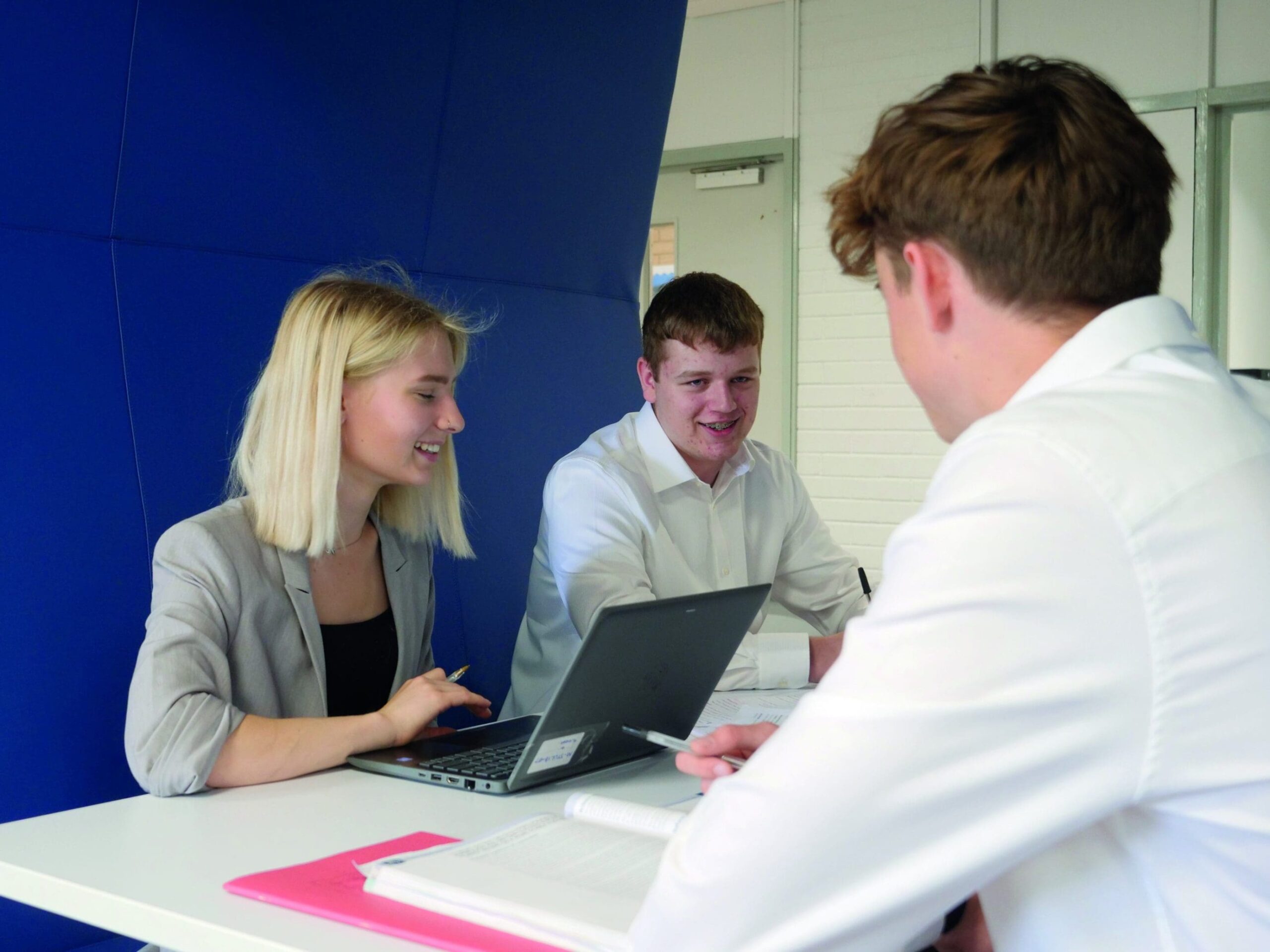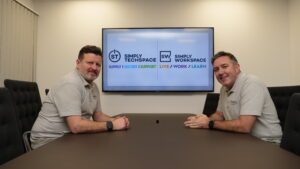No matter how good one might be at their job, how well an organisation’s processes work or how effectively a business operates – there’s always room for improvement.
A lot of what goes on in the education sector needs to be constantly developed – it’s not possible to keep doing the same things over and over again and expecting the outcome to be the same. Each student is different, each class is different and each year group is different and for those in educational roles, there has to be a constant desire to get better at what we do.
The way education outcomes are recorded means that, externally, we are mostly judged on progress. Academically, you’re looking for the best results, but there also needs to be a holistic approach, a focus on things that go beyond academic success. At Manor School we believe that there’s no point getting children through exams if you haven’t also developed their five key personal characteristics of resilience, empathy, aspiration, curiosity and humanity.
We’re developing human beings. They may not know where they will end up in terms of their career, we don’t know how their lives will pan out as young adults entering the world beyond secondary education, but we do know that they need a well-rounded education and the personal skills that will prepare them for whatever is on the horizon.
Having taken on a new leadership role, and with my hours in the classroom – where I felt fairly comfortable – reducing considerably, I felt that it was important to look at my own learning. I wanted to find out what I didn’t know, what I wasn’t doing and what I could be better at, and particularly in terms of how I could pass that on to my colleagues, who ultimately spend the time with students, improving outcomes. And that all led to the decision to study for a masters degree, completing an apprenticeship alongside it.
The Masters in Educational Leadership and Management with the National College of Education and the University of Roehampton is ultimately about my own development. It has helped me to focus on the areas and roles that I hadn’t previously been exposed to. During the course, I’ve learned about aspects of finance, procurement, HR and strategic talent management, things I hadn’t given much thought to before. This remains the responsibility of the experts in the organisation, of course, but learning more about each area has given me the knowledge to ask questions, to understand how things work but also to question where processes might potentially change so that they work better.

Just because something has always been done a certain way doesn’t necessarily mean it should continue to be done that way. Doing a masters has allowed me to see things through a new set of lenses, and has taught me how to look at processes with a fresh eye, understand more about them and see ways where there could be improvement.
In turn, the apprenticeship is teaching me how to put my personal development into action within the school environment, explicitly testing my ability to implement my learning in my role in Manor School.
My motivation to learn is because I believe that in leadership you need to keep developing. Just like in a business, a school needs to improve its ‘bottom line’. The difference is that our bottom line is preparing children to be the workforce of tomorrow and to help them grow into fully rounded adults.
We can end an academic year with a great set of results, but the next set of results will be achieved by a completely different group of people. Each class you teach is unique and affected by all kinds of outside factors. Like the rest of us, young people’s days can be derailed by all manner of things – traffic on the way to school, a disagreement with a friend at lunchtime, not having had the right breakfast. It’s up to teaching staff to know how to work round that – to know their subject but also know how to deliver in a way that adapts to how the classroom feels, to fit in with each individual no matter how they’re feeling or what teaching method works best for them.
All teaching staff have to work like that, of course, but there comes a point where we only know what we know. I could have carried on developing myself through work, learning about effective teaching practices, but that only takes you so far. For me, a formal qualification was a way to force myself to think about the things I didn’t know. I’m in a cohort of around 400 people from schools all over the country. Professional learning days are a structured opportunity to meet people that are in the same position as me, but who all bring new and different ideas that challenge the rest of us.
In education, it is a student-first approach and, of course, that is absolutely as it should be. When I’m with a class, they are the most important thing. I have to help them develop. Now that I’m in more of a leadership role, it’s needs to be about getting better at developing my colleagues. My role has shifted to become more staff focused – if I can pass on what I’ve learned to them, then that feeds back to the students they teach.
When I was thinking about embarking on the courses, I asked myself whether it would be the best use of my time. I believe that it is. It’s an investment in my development that, over time, will be of use to me and in turn throughout my team, and across the trust as a whole.
Nene Education Trust is a multi-academy trust comprising Newton Road School in Rushden, Windmill Primary in Raunds, Stanwick Primary, Raunds Park Infants, St. Peter’s CE Junior, Woodford CE Primary, Redwell Primary in Wellingborough and Manor School in Raunds.
For further information visit neneeducationtrust.org.uk
Words by Chris Bateman, Acting Deputy Head of Manor School














